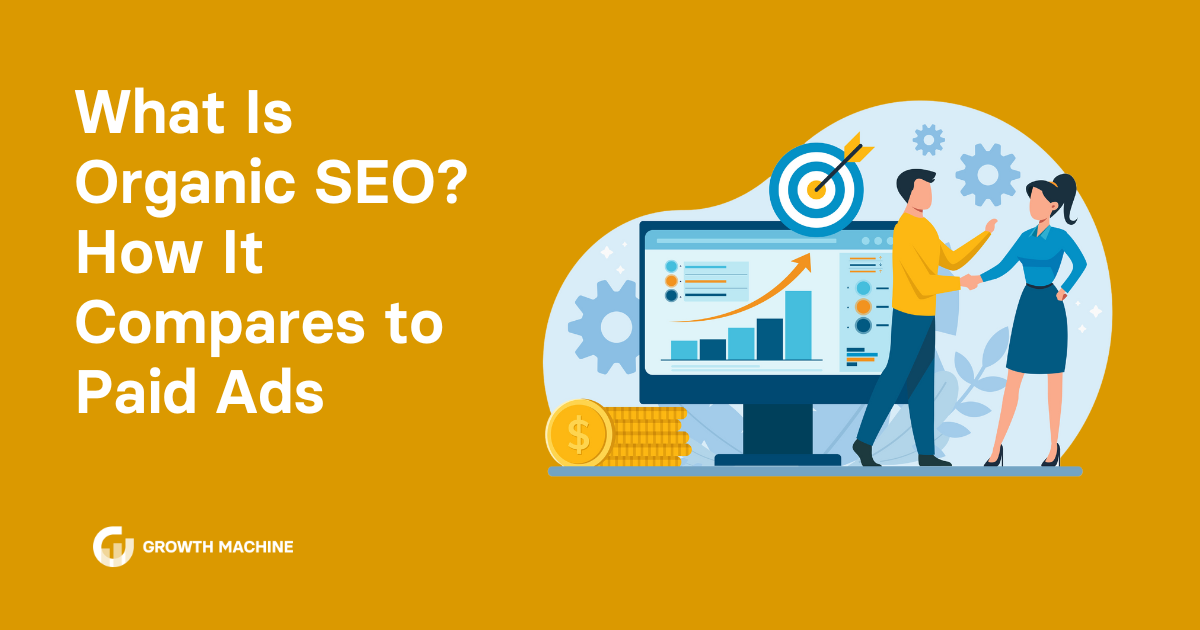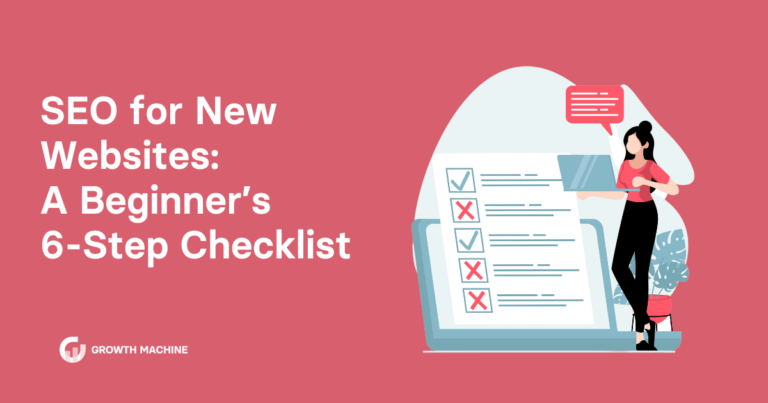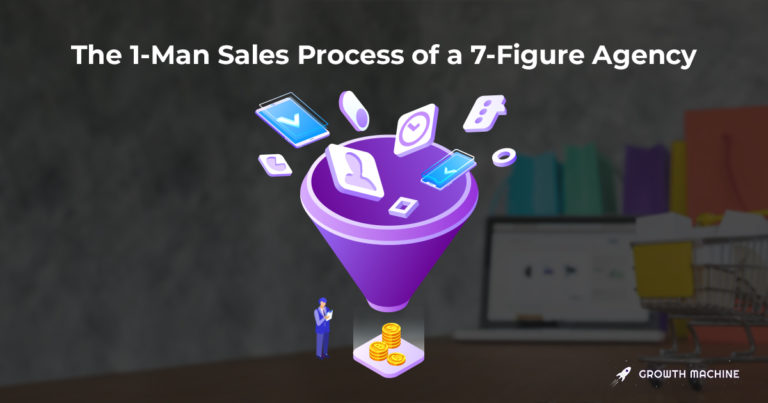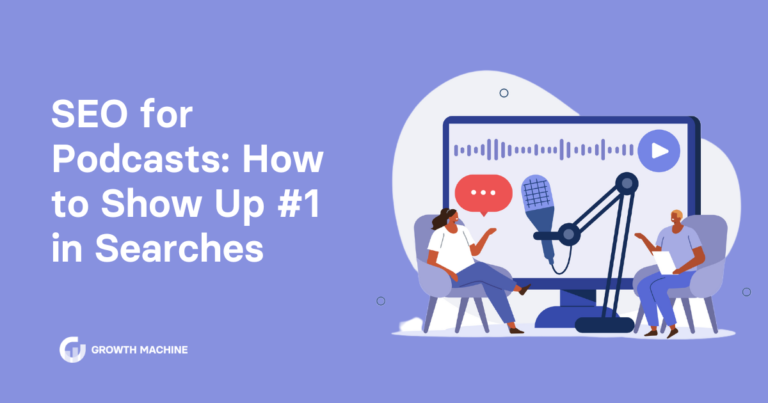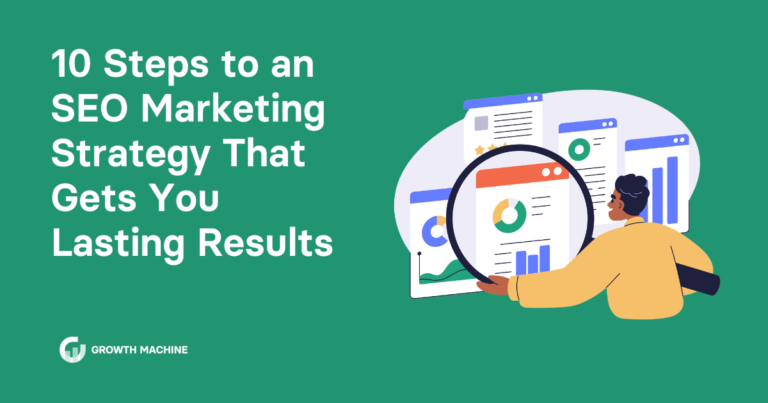What Is Organic SEO? How It Compares to Paid Ads
It isn’t easy to build a website that stands out from the crowd. Not only do you need a deep understanding of your audience’s needs, but you also need to design a slick online experience that leaves them wanting more.
While paid ads can generate short-term traffic to your site, nothing can replace the quality traffic generated by organic search engine optimization (SEO). Sure, paying for ads can generate short-term traffic, but organic SEO is the key to long-lasting, cost-effective digital marketing that sets your business up for true success.
In this guide, we’ll explain what organic SEO is, explain how it differs from other marketing approaches, and share a few helpful tips for you to improve your website’s organic SEO ASAP.
What Is Organic SEO?
Organic SEO is a marketing strategy that boosts your website visibility in the unpaid section of search engine results pages (SERPs).
With organic SEO, your team steadily optimizes various elements of your website and content to give both human users and search engine algorithms the information they need. Ultimately, the goal is to create highly relevant content that matches a user’s search query so you show up for more Google searches.
Organic SEO encompasses three key strategies.
1. Keyword Research
This is the foundation of organic SEO. With keyword research, you identify specific search terms that potential customers use when they look for products or information on search engines like Google.
There are so many ways to do keyword research, but SEO tools like Semrush and Ahrefs are the quickest ways to measure keyword search volume and competition. Keyword list in hand, it’s much easier for you to optimize your site copy to match these common search terms.
2. On-Page Optimization
On-page optimization encompasses everything you do on the front and back end of your website to improve search rankings and traffic. By tweaking a few areas of your website, you’ll give both human users and search engine crawlers more context about a webpage’s content, which can help your search engine rankings.
This includes optimizing:
- Meta descriptions
- Title tags
- Image alt text
- Internal links and anchor text
You might not have control over search engines or user behavior, but you can control just about every aspect of your website. This is low-hanging fruit in the world of SEO, so always optimize your on-page SEO.
3. Content Creation
Content creation is a must-have for organic SEO. This is when you create high-quality content relevant to your target audience’s needs.
Quality content gives people (and search engine bots) a reason to look for your site, even if they aren’t ready to buy just yet. As long as your content solves a need, it will draw more people to your site organically.
Your content should align with search intent, so create different types of content based on what searchers need right now. That could be informational content, like blogs and how-to guides, or transactional information like product pages. The goal is to solve your readers’ needs while tossing in a few keywords to help with your organic rankings.
Of course, you shouldn’t lay it on too thick with the keywords. Keyword stuffing is obvious, awful to read, and leads to a poor user experience. When in doubt, write content to solve a user’s problem first and add relevant keywords afterward.
What Is an Example of Organic SEO?
If you’re a small ice cream shop, you might not have the budget for paid ads. Instead, you look for common keywords that diners use before they visit ice cream shops.
You create content on your website tailored to keywords like “ice cream near me” and “best pistachio ice cream in Boston.” To get a little extra traffic, you revamp your website to incorporate keywords into the back end of your site, too.
Before you know it, you start showing up higher in relevant searches for your target keywords and see more traffic—both to your website and your brick-and-mortar shop.
How Does Organic SEO Drive Website Traffic?
Organic SEO makes your website more visible on search engines. The more visible you are (or the higher you are on the SERP), the more likely people are to visit your website and become potential customers.
Organic SEO also improves the user experience, which helps you keep more of your hard-won website visitors. Done right, it can even encourage repeat visits and sales.
What Is Organic SEO vs. Non-Organic SEO?
Organic SEO tactics focus on earned visibility on SERPs.
Non-organic SEO, which includes strategies like paid search or pay-per-click (PPC), means you pay for ad placements on search engines. With paid platforms like Google Ads, for example, you bid to appear when people search for a certain keyword. PPC generates short-term results, but it doesn’t do much for domain authority or brand awareness.
It’s good to use a combination of organic and non-organic SEO for the best results, but organic SEO is cheaper. You won’t see overnight success, but it’s the best way to win your audience’s hearts with a modest budget.
4 Tips for Implementing Organic SEO
Organic SEO is mega-important for boosting your site traffic, but how can you get more out of your organic SEO efforts? Follow these quick tips to create a long-term organic SEO strategy that gets results.
1. Improve the User Experience
Sure, it’s tempting to optimize your site for search engines by laying it on thick with keywords. But real-life human beings don’t want to see that. They want real, actual information and you can’t share helpful tidbits if you’re cramming keywords into copy.
Their experience navigating your website also matters. Optimize your site’s experience by:
- Boosting page speed and loading times
- Simplifying website navigation
- Using a responsive website design that looks great on mobile devices
- Adding clear calls to action on each page
2. Create Quality Content
Search engines do care about how frequently you post content, but they care way more about the quality and detail of the content you post.
If you create a ton of copy with an AI writer tool that doesn’t say much of anything, Google (and your site visitors) will pick up on that. Instead of churning out a 300-word blog every day, refocus your efforts to createo ne long-form quality piece instead.
If you don’t have the time to create long-form content, work with a marketing agency like Growth Machine. Our team not only creates content that follows Google’s EEAT guidelines, but we also follow a consistent posting schedule to support your content marketing goals.
3. Invest in Technical SEO
Technical SEO is a subset of on-page SEO that’s a little more complex. But if you have coding or SEO chops, optimizing the technical side of your site can definitely boost organic SEO.
Make sure you:
- Optimize your XML sitemap
- Use schema markup
- Use clean URL structure and simple website architecture
- Using robots.txt files as needed to direct search engine crawlers
4. Follow a Linkbuilding Strategy
Quality backlinks are a significant ranking factor in organic SEO. The quality and quantity of your backlinks matter, so this isn’t about collecting as many links as possible
To boost your organic SEO, create a linkbuilding strategy that positions your company as an industry expert.
It takes time, but creating quality content and in-depth guides is a great way to start earning backlinks. You can also earn more links by:
- Guest blogging
- Interviewing on podcasts
- Speaking at industry conferences
- Sponsoring events and charities
Make Organic SEO Work for You
Paid ads have their place, but you can’t beat the longevity and affordability of organic SEO. Organic SEO will improve your website rank, increase organic traffic, and drive more conversions over time.
While organic SEO is the most affordable way to do SEO, it does require some elbow grease. From keyword research to content creation to on-site optimization, the to-dos can really add up.
If it’s high time for you to optimize your organic SEO but you lack the time to do it yourself, press the easy button and work with Growth Machine. Our team of SEO experts will craft a unique strategy tailored to your business and designed to improve organic search results.
Contact Growth Machine now to jumpstart your organic SEO rankings.

